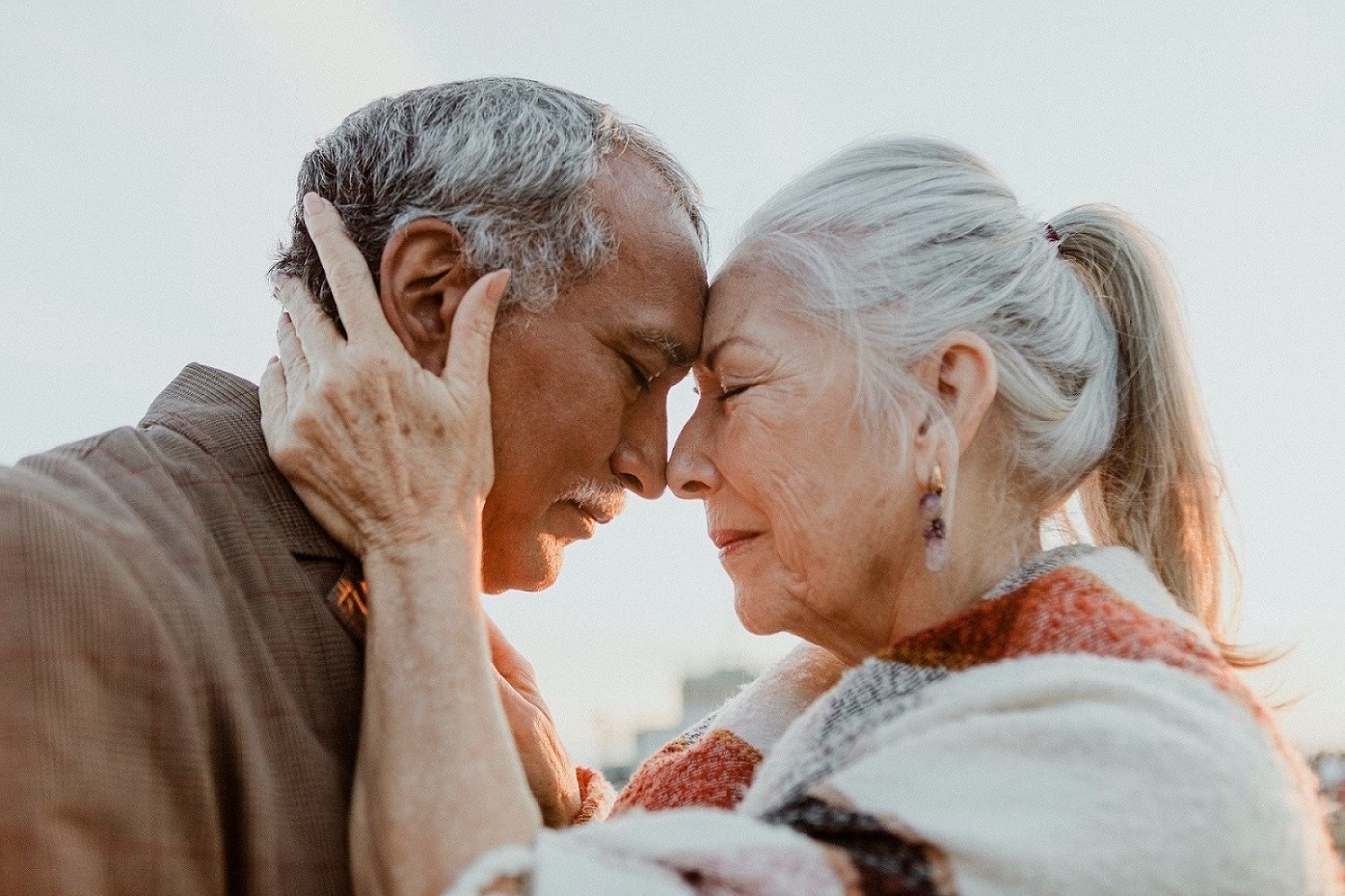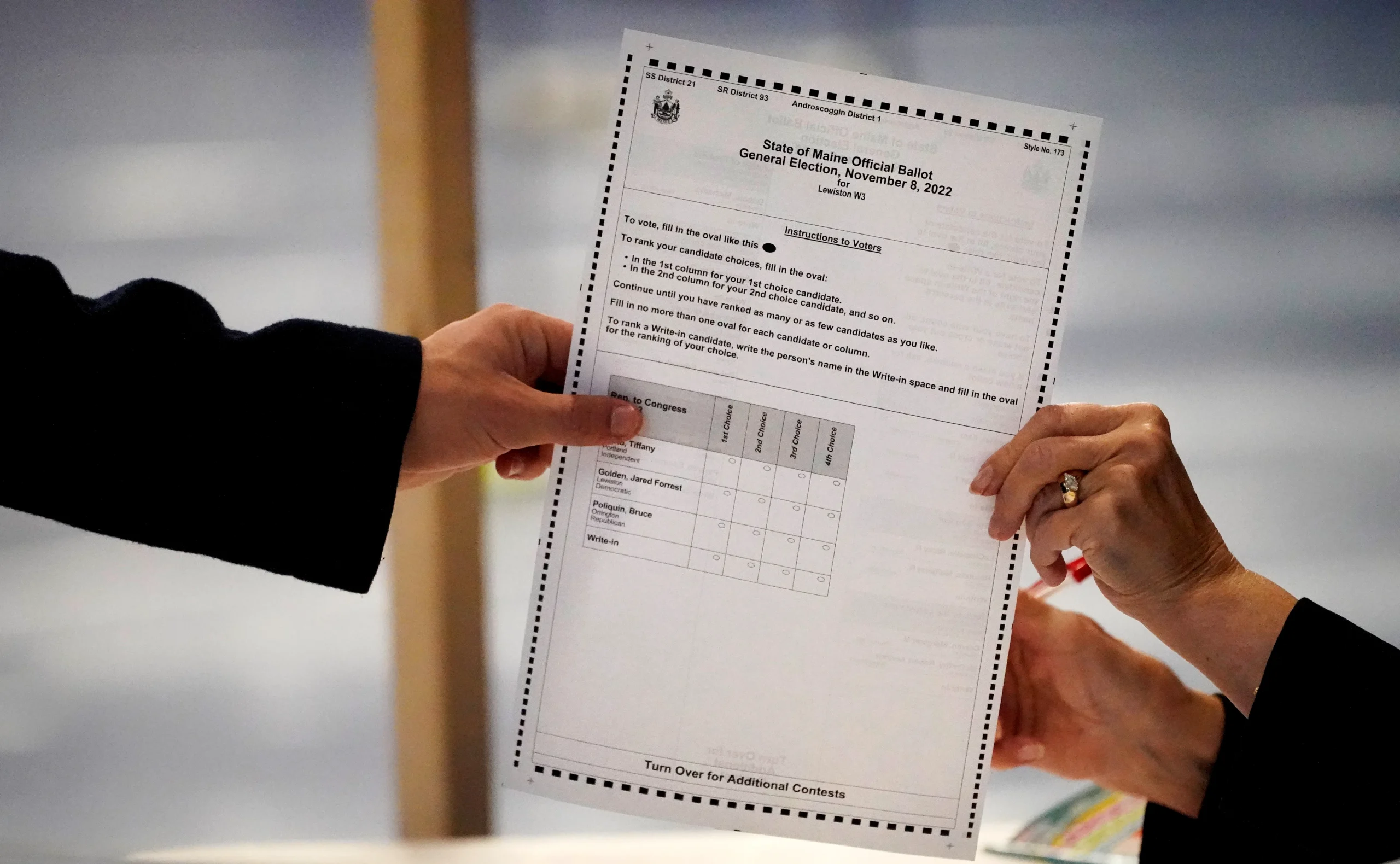In past generations, relationships where one partner was much older than the other raised eyebrows and drew judgment from family members, neighbours, and even strangers. It used to be that people expected couples to be close in age, seeing it as a natural sign of compatibility.
Back then, age difference was wrongly associated with imbalance, suspicion, or personal gain. These ideas controlled how relationships were judged without proper understanding of each couple’s story. But times have changed, and people now view age gaps with more open minds.

These days, what people look for in a relationship goes beyond age. Shared values, emotional support, and genuine connection now carry more weight than just birth year. With society learning more about emotional intelligence, maturity, and human experience, many now understand that age cannot determine whether a relationship is real or forced.
Even in public spaces and social media, relationships with wide age differences are gaining more acceptance. This change shows how personal freedom has become more valued in recent times.
Cultural attitudes have also played a part in this change. While some still hold on to traditional beliefs, more individuals are beginning to focus on how two people treat each other rather than what year they were born. In many communities today, people are starting to realise that judgment based on age alone does not help anyone.
The Role of Emotional Maturity
One major reason people now give less attention to age gaps is the value they place on emotional maturity. Two people could be the same age and still fail to communicate properly or understand each other’s needs. On the other hand, someone older might bring a level of patience, understanding, and wisdom that helps the relationship grow.
Emotional growth does not come at the same pace for everyone. A younger person might have faced tough life experiences that made them more grounded. Meanwhile, an older partner could be someone who understands the value of listening, compromise, and peace. These qualities help partners connect better than if they were simply age mates without emotional depth.
Relationships thrive when both parties know how to handle pressure and care for each other’s emotions. These are qualities that cannot be measured by age alone. Many people are realising that maturity and readiness for commitment do not follow a fixed age line. As more people recognise this, they begin to let go of old ideas that once made age gaps look strange.
Freedom of Choice in Today’s Relationships
People are now more interested in creating the kind of love that suits their own life, rather than following what others think is acceptable. This freedom is part of why age gaps are no longer treated as unusual. Adults are now making relationship decisions that are based on their needs and not what society expects from them.
This freedom is also strengthened by the fact that people now marry later than before. While earlier generations often settled down in their early twenties, many now wait until they are sure of who they are and what they want.
This change creates more chances for people from different age groups to connect through work, travel, and shared interests. As these bonds form, it becomes clear that age does not block genuine love or connection.
Another factor is that younger individuals are now more exposed to experiences that build maturity early. With wider access to information, education, and independence, many young people have outgrown the idea that they must only date people close to their age. They now focus on who treats them with respect, who they can reason with, and who makes them feel emotionally secure.
Respect and Equality in Age-Gap Relationships
One concern people used to raise about wide age gaps was whether both people had equal say in the relationship. Some assumed that the older partner would always have more power or control. But these views are being replaced with better understanding about how respect works in any healthy relationship.
A respectful relationship allows both partners to speak their minds, make choices together, and feel heard. These things are not limited by age. As more age-gap couples speak openly about their relationships, others are learning that control and respect are not tied to how old someone is, but how they treat their partner.
Mutual respect means that both people are invested in the well-being of the relationship. Whether one person is twenty years older or just a few years older, the goal remains the same: honesty, loyalty, and emotional safety. Many couples who have an age difference prove this every day by maintaining relationships that are based on balance and shared purpose.
Social Acceptance is Growing
Across cities, towns, and online platforms, more people are now seeing relationships with age gaps as normal. While judgment still exists in some circles, the level of acceptance is far higher than it used to be. Public figures and regular people alike are choosing to be with those they love, regardless of what the birth certificate says.
This change did not happen overnight. It came from years of people challenging old beliefs and choosing to show that age gap relationships are just as genuine as any other. Friends and family members who once doubted such relationships have come to change their views after seeing how happy and committed the couple is.
When people begin to accept these relationships, it helps reduce pressure on the couple. They no longer feel the need to hide or explain themselves every time. It also sends a message to younger generations that love should be about care and connection, not what outsiders expect.
Challenges Do Exist, But They Can Be Managed
Even though things are changing, age-gap relationships still come with their own kind of pressure. Sometimes, family members or friends may question the match, thinking the younger person is being taken advantage of or that the older one has hidden motives. These doubts can create tension and affect the confidence of the couple.
To deal with this, the couple must stay honest with themselves and with each other. They need to discuss their goals, lifestyle preferences, and future plans openly. By doing this, they build trust that will help them stand together when others raise questions.
Another area of concern is life stage differences. One partner may want children while the other feels they are past that stage. One may still be building a career while the other is planning for retirement. These things must be faced with openness and a willingness to compromise. Relationships succeed when both people are clear about what they want and how they can support each other’s path.

Technology and Shared Interests Are Bridging the Gap
Age gaps seem smaller now than they did years ago, thanks to how people connect through technology. Social media, entertainment, travel, and even fashion trends bring people together across age lines. It is no longer strange for someone in their twenties to enjoy the same music or movies as someone in their forties.
People bond more easily now because of shared hobbies, online communities, and global events that affect everyone. These shared interests help reduce the feeling of distance that age might create. It also helps people see that personality and values count more than age when it comes to choosing a partner.
The growth of digital communication has also changed the way couples interact. Video calls, messaging apps, and digital tools help couples stay close even when their schedules or lifestyles are different. These tools have removed many barriers that used to make age-gap relationships harder to maintain.
Why These Relationships Deserve Respect
As people become more open-minded and learn to judge less, age-gap relationships will keep finding their space in society. When two adults choose to love each other and support each other’s dreams, their relationship deserves the same respect as any other.
People now understand that love does not always follow a single path. Sometimes it comes from someone older or younger, and that does not make it less real. What matters most is the care they show each other, the way they face challenges together, and how they grow as a team.
Age should never be used to limit love when both people are willing to commit with respect and honesty. Society is slowly learning that what two people share in private can be stronger than what others think from outside. So long as both individuals are treated with care, and their relationship is rooted in mutual understanding, age becomes just a number, not a barrier.









Leave a Reply